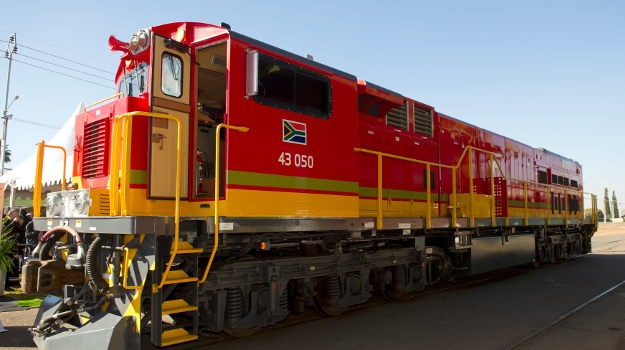Transnet's revenues will take a knock as a result of lockdowns worldwide due to Covid-19, and this will have consequences for its loan covenants, said CEO Portia Derby.
Speaking during a briefing to Parliament's portfolio and select committees of public enterprises on Wednesday, Derby shared how Covid-19 had impacted the state rail and freight entity's operations.
Transnet had to close its lines for nearly five days, given that mines were not allowed to operate during the early stage of lockdown. "It had quite a hit on revenue," Derby said.
"This revenue impact has an impact on some of our covenants at Transnet … we have to be careful of how we restructure the balance sheet," she said.
The entity has mapped out three scenarios following the Covid-19 crisis. Even in the more optimistic scenario, Transnet expects to have revenue reduced substantially, by R8.96 billion. Transnet's more realistic scenario, which would see an extended soft lockdown, would see revenue reduced by R12.25 billion.
It is still quantifying the impact of a more pessimistic scenario. "We are working hard to compress costs, and make sure our maintenance continues," said Derby. "In this period, with 50% of our staff operational, we have been able to make about 60% of our forecast revenue for quarter one," she added.
Transnet is also concerned about its coal exports, which will be impacted by the lockdown in India, a major importer. The global demand is projected to fall by 8% in 2020, the largest drop since World War 2.
Transnet, which is in the process of having its ports authority division corporatised into a subsidiary, had 50% of its staff operational during the lockdown period, to reduce the risk of infection and to ensure that crews would be available in the worst case where a section might have to be quarantined.
It has had to grapple with how to manage non-essential cargo, and to avoid bottlenecks at ports. "Most of the warehouses are full, and we look forward to the opening up of the economy.
"We are quite nervous about being in a situation when cargo is still moving in but the rest of the economy is not opening. We will have a series of bottlenecks on the storage side," said Derby.





















